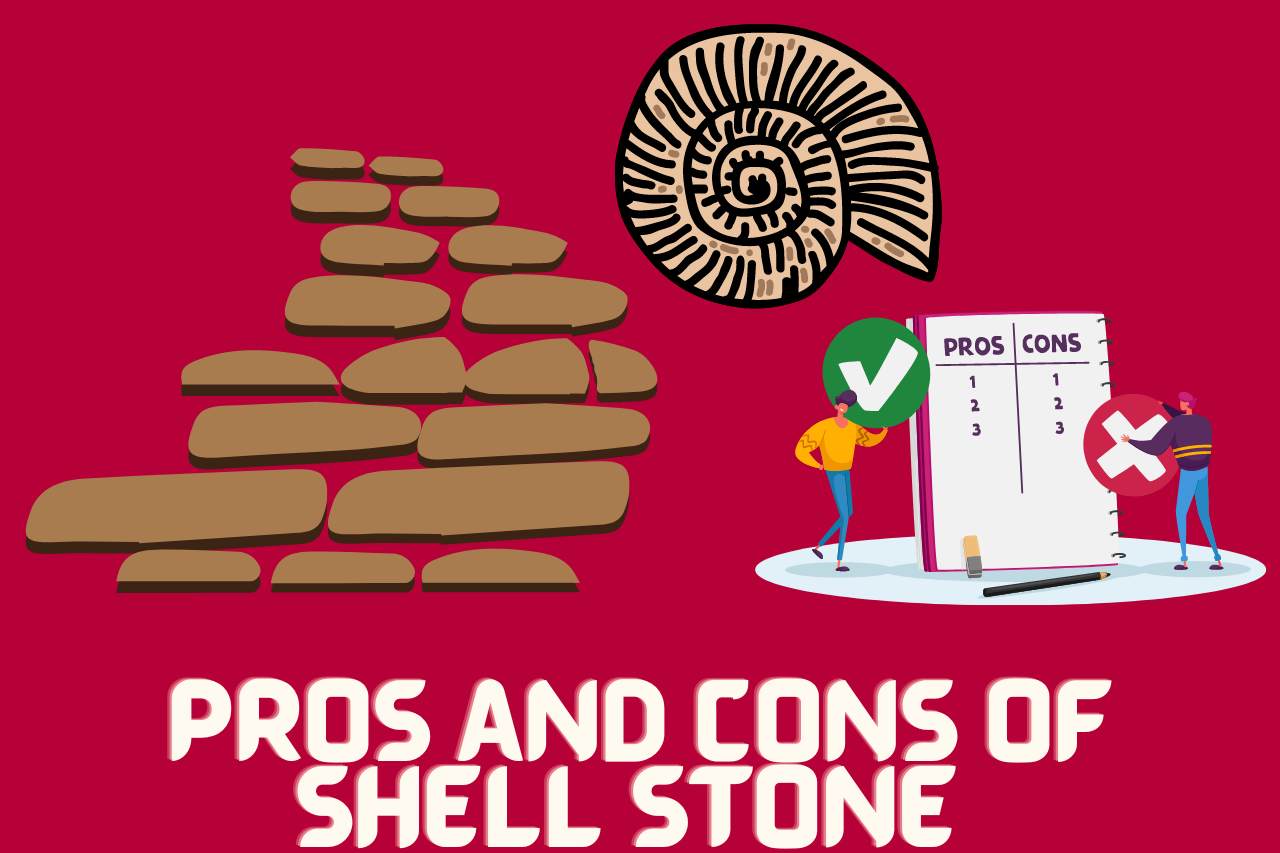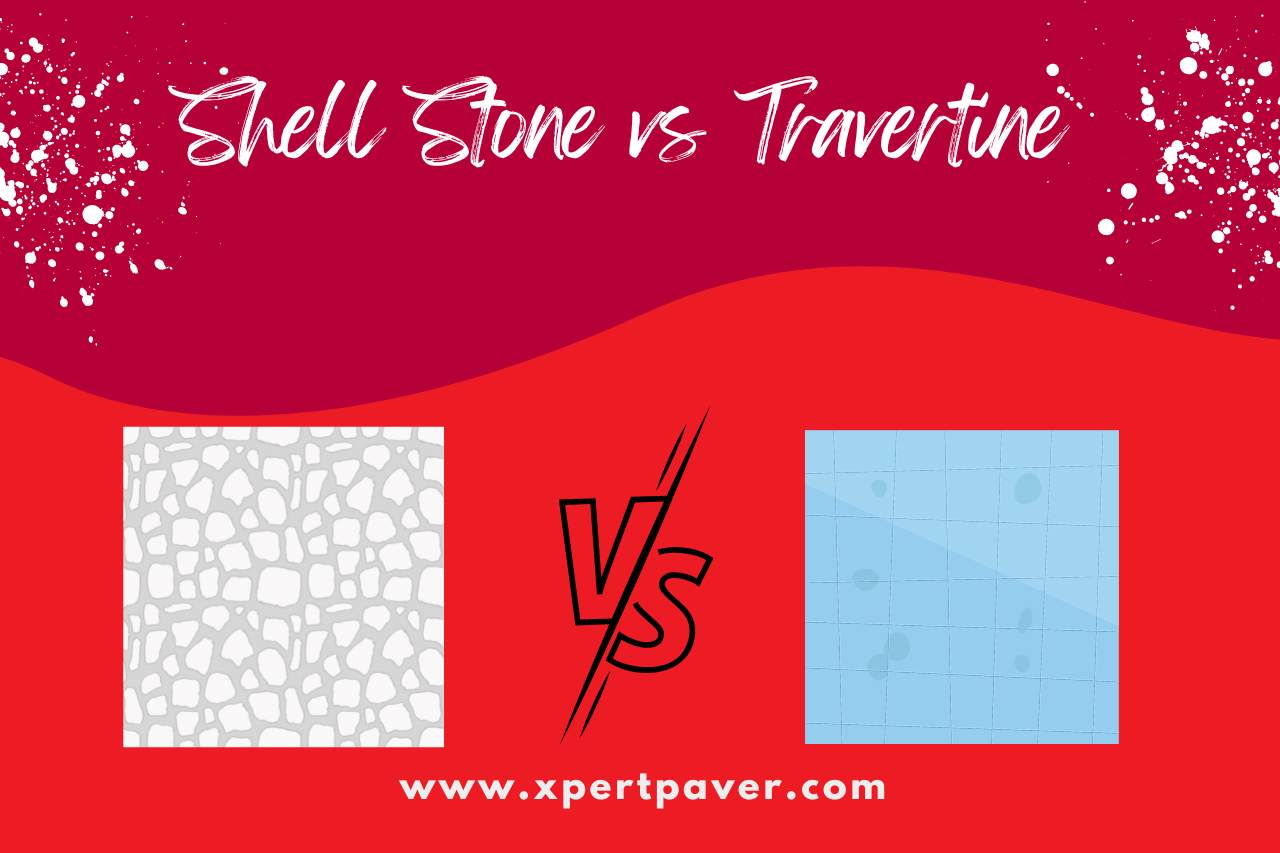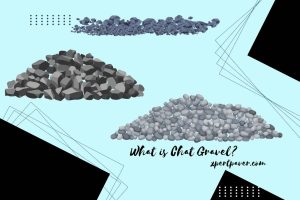Choosing the best flooring for your pool deck always ends up in a battle between shell stone and travertine. It is expected, given their exceptional features and benefits. However, since it remains vital to break down each of their pros and cons to make a better decision, we will present you with a detailed analysis of shell stone vs. travertine.
If you have difficulty choosing between the two top-tier options, we’ve absolutely got you!
Stick around to the end and learn everything you need about both floorings. We will dig deep into their pros and cons and compare their features.
Let’s get the ball rolling.
What is Travertine?
Travertine is a naturally available stone renowned for its gorgeous outlook and excellent properties. They make great flooring for any place.
Their durability, resistance, and texture make them one of the best pool deck tiles in the market.
Pros and Cons of Travertine
Let us analyze the plus points and pain points of travertine tiles.
With proper and consistent maintenance, travertine will last up to several years. Their durability is top-notch. But you must maintain them as needed to keep up the quality.
However, on the downside, they are prone to chipping and creaking.
Why?
Travertine is porous. So upon heavy forces, they will chip and cause drama. You are in the safe zone as long as you make sure nothing hard hits the floor.
One of the outstanding features of travertine is that they are naturally slip-resistant. They exhibit high resistance by nature, making them an excellent option for pool decks – areas constantly in contact with water.
So travertine will cut you the cost of putting on an additional sealing. However, it is highly recommended not to skip the sealing.
Wonder why?
Over time with sun exposure, the quality of the tiles can deteriorate. But with a sealant, this will not happen. More durability will be on your list if the floor is sealed.
These stones also have anti-microbial properties. So if you are a clean freak, this might be the one for you.
What’s more? They are resistant to UV rays as well. They do not absorb such rays but instead reflect them. So you will always have a cool surface to step on and relax even in the scorching heat. Sounds cool, isn’t it?
The problem comes when it comes down to installation. Travertine is an exceptionally heavy material. So it can be very challenging during the installation process.
Moreover, installation should be no short of perfect for the flooring to stay perfect. One small mistake can lead to several other problems.
On top of it, given their high-end benefits compared to the other counterparts, they are also an expensive option. So if you are on a small budget, it comes down as a pain point.
You also have very few to choose from regarding the design and color options. They only come in very neutral undertones, and almost always, they are either square or rectangular. However, they are gorgeous and add great aesthetics to the background.
What is Shell Stone?
Shell stones are another type of paver in the market. They are well known for their outlook and great features, making them a good option for pool decks.
Since they are made of DE (diatomaceous Earth), they have sound absorption properties. They will have a non-slippery, safe, and nice-to-look-at surface.
You can use these pavers for pool decks, patios, driveways, walkways and etc. the options are open and wide.
Moreover, they blend in with any theme and are aesthetic. You can find them in a range of appealing colors and designs.
They make suitable flooring for any hardscaping plans.
Pros and Cons of Shell Stone
Shell stones appeal to the eyes and provide a gorgeous outlook to your pool area.
They are also durable. If you maintain them properly, they will be loyal to you and last with quality for a very long time. However, they are prone to cracks which is a definite downside.
They have UV-resistant properties. So the sun has no power to play with them. Even in the summer, you will have a cool and safe surface to relax on.
Since they are natural stones, they have natural properties that will wash away bacteria and other harmful parasites on the floor.
Shell stones are also cheap and affordable. They are widely available in the market as well.

However, you must put on a good sealing to lock in all these fantastic properties and make them last longer.
The installation process needs to be done correctly and perfectly to avoid floor-related problems in the future.
If you are on a budget and are not aiming for top-notch pool deck flooring, shell stones will be a good choice.
Shell Stone vs Travertine
What are the differences between shell stone and travertine? What are the similarities? Which is the better option?
Let’s find out the ultimate answer to all these questions by discussing the differences and similarities between the two paver options.
-
Durability
Both are durable. However, travertine will last longer than shell stone pavers. But both stones will require proper and regular maintenance to last long. Moreover, you must ensure nothing hard and heavy falls on the ground as they are prone to chip in and crack.
-
Anti-microbial Properties
Travertine stones exhibit natural anti-bacterial properties to a great extent. Shell stones do not have such properties. Nevertheless, shell stone also washes off harmful parasites. In this aspect, both stones lay a significant role.
-
Installation
Travertine is more challenging to install than shell stones. However, the maintenance comes down to the same. You will need to regularly maintain the decks to upkeep quality.
-
UV Resistance
Both stones have good UV resistance properties. In comparison, travertine has more potential to deal with UV rays.
-
Cost
Travertine stones are more expensive than shell stones. Shell stones are a more affordable option if you are on a budget. However, investing in travertine with the long run in mind is worth it.
Which is Better?
The answer to this ultimate question depends on your preference, requirements, and budget.
Nevertheless, both stones offer a handful of attractive pros with a few cons, which are adjustable. With proper maintenance, you can make them last very long with their gorgeous outlooks.
Watch this video,
Video Credits – Australian Paving Centre
Recommended for You: Similar Articles to Explore
How to Install Travertine Pavers?
What Is SB2 Gravel? Uses And Factors to Consider Explained
What Is CA6 Gravel? [Uses, Cost and CA6 vs CA7]


![Read more about the article What Is CA6 Gravel? [Uses, Cost and CA6 vs CA7]](https://xpertpaver.com/wp-content/uploads/2023/03/What-is-ca6-gravel-300x205.jpg)
